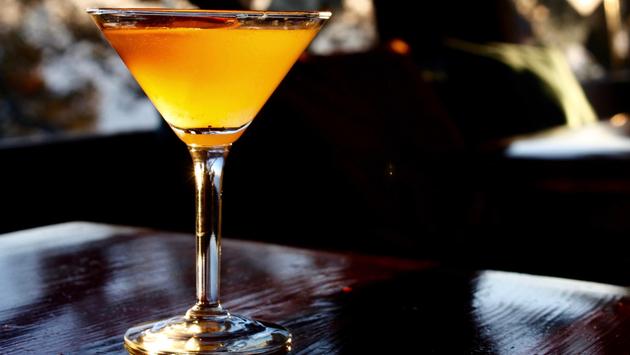10 tricks on staying sober while traveling by addiction specialist Sarah O’Brien

What are 10 tricks and tools to staying sober while traveling? The pandemic caused a significant spike in substance and alcohol abuse – now with travel picking up again, I have a great expert on this timely story.
10 tips on staying sober while traveling and on vacation:
- Know your triggers: An important part of any recovery plan is understanding triggers. Before you travel somewhere, make a physical or mental list of your triggers (bars, things that trigger anxiety, being alone, having easier access to substances, etc.) and come up with practical ways to address those issues when and if they arise.
- Manage your diet: Vacations are for indulging, so feel free to enjoy different foods and non-alcoholic drinks. But remember that nutritional balance is vital to maintaining mood and emotional balance in recovery, so make it a point to watch what you’re consuming and how it makes you feel.
- Have accountability: For many people, being alone on vacation opens the door to relapse because their usual supports are not in place. Be sure to check in with a friend or family member regularly, call your sponsor if you feel the urge to drink or use drugs, or find another way to stay accountable while on vacation. If you usually attend a 12-step group, you might even find a recovery group meeting in the area you’re traveling to.
- Continue recovery habits: Going on a vacation doesn’t mean you have to leave everything behind. If you typically start your mornings with gratitude journaling or meditation, keep up those practices while you’re traveling. This will help to keep your stress levels and emotions stable.
- Practice self care: If you’re on a vacation, it’s the perfect time to focus on your physical and emotional needs. Take your time getting ready in the morning, practice verbal affirmations, have a social media detox, and use the travel time to relax and care for yourself.
- Find sober activities: One of the best ways to stay sober while traveling is to plan ahead. Look for local museums, hiking spots, restaurants, tours, and other activities. This will help you to avoid boredom, which can lead to substance use. By knowing what you’re doing ahead of time, you’ll already have the framework you need to avoid using drugs or alcohol.
- Take precautions before you leave: Before you leave for a vacation, you should choose your destination carefully (avoiding those known for partying or drug use), ask hotel staff ahead of time to remove the minibar from your room, and travel with people who understand your recovery process and need to remain sober.
- Bring someone with you: Solo trips can test a person’s sobriety. If you have a trip planned alone — perhaps a business trip, or a plan to visit a family member — ask someone to come with you to help keep you accountable. You might bring a spouse, a family member, or a trusted friend.
- Mentally prepare to see family: If you’re traveling for a graduation, wedding, or another event in which you’ll see family that may be triggering, prepare yourself ahead of time for these interactions. Make sure you have a space to go to when you’re overwhelmed (such as the bathroom) and have an exit strategy so you can leave when you need to.
- Have a sober response ready: If you’re traveling with or visiting people who don’t know about your decision to stay sober, it’s best to have a few responses prepared to the question, “Why aren’t you drinking?” You might say, “I’m working on my health right now,” “I make more memories on trips when I don’t drink,” or “I’m driving the rental, so I’ll pass.”
By Sarah O’Brien, an addiction specialist with Ark Behavioral Health, which services families throughout the U.S., more at Ark Behavioral Health / www.arkbh.com
